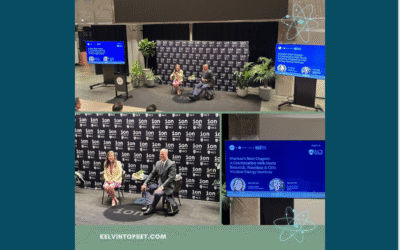If you are heading up an incident investigation, no doubt you are already in a leadership role. You will have reached that position because you meet the brief of what makes a good leader. But when it comes to leading an investigation, the qualities required are slightly different. Tight control of the situation and an understanding of your team are still required, but a more measured sensibility is needed rather than a decisive and commanding ‘get things done’ attitude.
An even-tempered personality will ensure the smooth and efficient running of an investigation. There are heightened emotions and activity levels following an incident, so as a lead in an investigation, you will need to exude calm among the chaos whilst keeping one eye on the ball. There is evidence to preserve and a team to organise straight away, before any planning takes place. A measured approach will pay dividends because you will have planned the scenario in advance, and have the right materials and trained people already in place, to make this stage of the investigation simple.
Communication skills, though, will be your greatest asset, integral to all aspects of investigation at every stage of the process. Not only do you need to know your team and how they communicate to get the best out of them. You also need to liaise with stakeholders and external parties, as well as brief management on your team’s investigation findings. Objectivity, not being quick to jump to conclusions, or be swayed by other stakeholders, is critical. Holding strong to your principles in difficult situations is something that comes with experience and confidence, but an investigation leader also needs to question everything and encourage that mindset within their team.
The ability to question in the right way is part of the interviewing technique required for an effective investigation. Communication skills will really help you out here, but they need to go further than the normal interview process. A great deal of tact, integrity and non-verbal communication is required when you lead an investigation in order to put the interviewee at ease and enable them to open up. This is perhaps one of the most crucial information-gathering exercises of the investigation, but the way you treat interviewees can also influence how the wider workforce views the investigation.
And finally, an accurate root cause analysis on the back of a well carried out investigation is only effective and worthwhile if the sharing of the lessons learned is widespread and continuous. The lead investigator’s role in this is vital; just because the investigation is over, the process is not. Communication must not stop.



